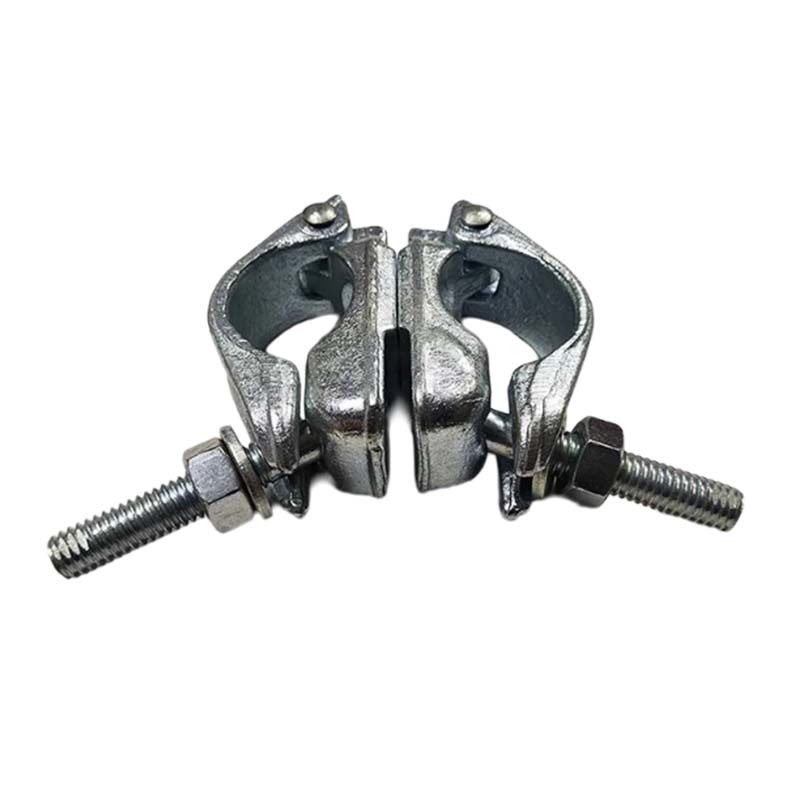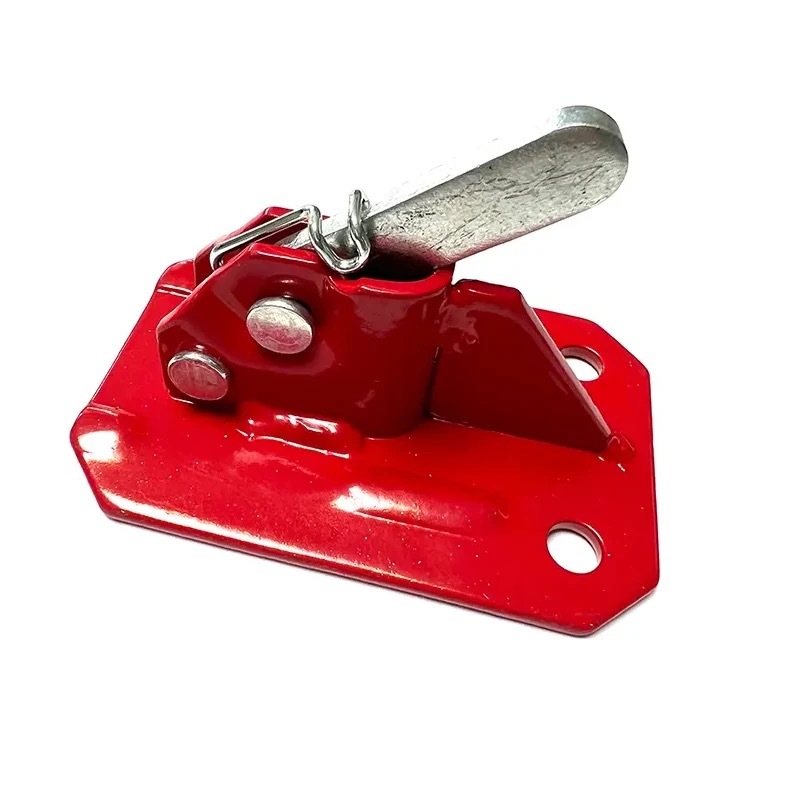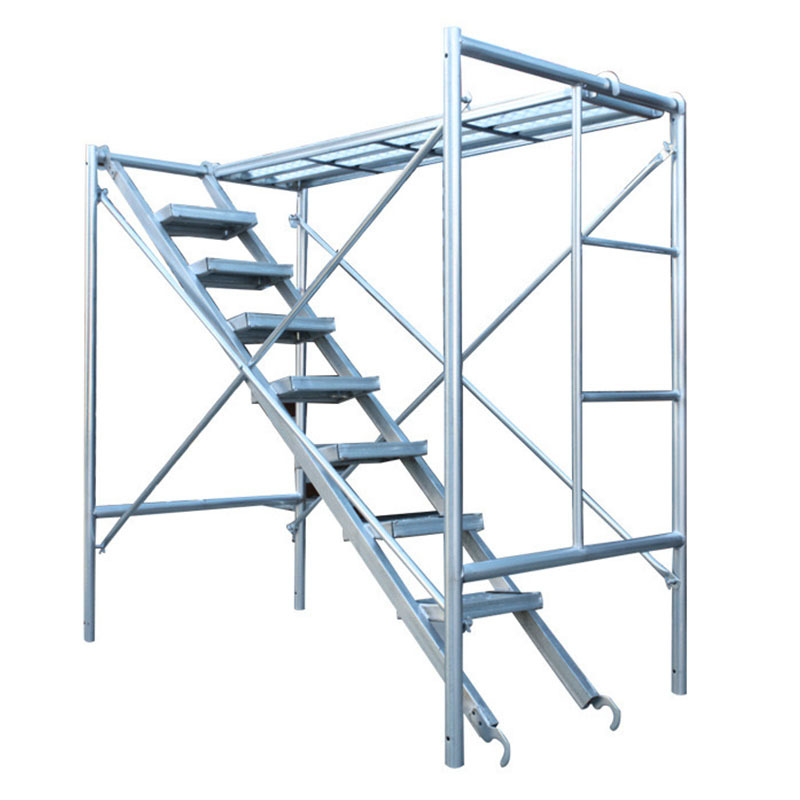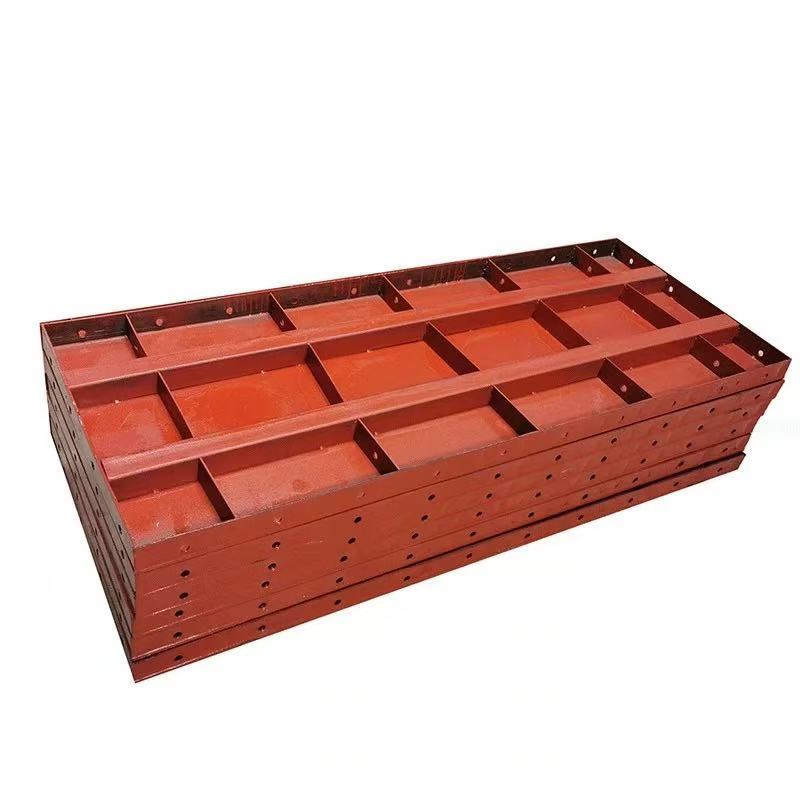The Manufacturing Process of High-Quality Galvanized Forged Fastener Couplers
The Manufacturing Process of High-Quality Galvanized Forged Fastener Couplers Table of Contents 1. Introduction to Galvanized Forged Fastener Couplers 2. Significance of High-Quality Fastener Couplers in Industry 3. The Raw Materials Used in Manufacturing 3.1 Steel Types and Grades 3.2 Galvanization Process 4. The Forging Process Explained 4.1 How Forging Enhances Strength 4.2 Different Forging Te

The Manufacturing Process of High-Quality Galvanized Forged Fastener Couplers
Table of Contents
1. Introduction to Galvanized Forged Fastener Couplers
2. Significance of High-Quality Fastener Couplers in Industry
3. The Raw Materials Used in Manufacturing
3.1 Steel Types and Grades
3.2 Galvanization Process
4. The Forging Process Explained
4.1 How Forging Enhances Strength
4.2 Different Forging Techniques
5. Surface Treatment and Galvanization
5.1 Importance of Galvanization
5.2 Processes of Galvanization
6. Quality Control Measures in Manufacturing
6.1 Testing for Durability and Reliability
6.2 Certification and Standards Compliance
7. Applications of Galvanized Forged Fastener Couplers
8. Conclusion
9. Frequently Asked Questions (FAQs)
1. Introduction to Galvanized Forged Fastener Couplers
In the world of industrial equipment and components, **galvanized forged fastener couplers** play a pivotal role. These components are essential in ensuring the structural integrity of various applications, from construction to machinery. Understanding their manufacturing process not only highlights the technical advancements in this field but also emphasizes the importance of quality in ensuring safety and durability in applications.
2. Significance of High-Quality Fastener Couplers in Industry
High-quality fastener couplers are vital in various industries. They provide the necessary strength and reliability required to hold structures together, thereby preventing failures that could lead to catastrophic results. The use of galvanized materials enhances resistance to corrosion, making them preferable in environments exposed to moisture and other elements. Therefore, knowing how these couplers are made can give insights into their durability and effectiveness.
3. The Raw Materials Used in Manufacturing
The journey of manufacturing galvanized forged fastener couplers begins with the selection of appropriate raw materials. The quality of these materials directly impacts the final product's performance.
3.1 Steel Types and Grades
The primary material used in the manufacture of fastener couplers is steel. Different types and grades of steel are used, including low-carbon steel and alloy steel, depending on the strength and durability requirements of the application. The choice of steel influences factors such as tensile strength, hardness, and weldability.
3.2 Galvanization Process
Galvanization is a critical process that involves coating steel with zinc to enhance its corrosion resistance. This process not only prolongs the life of the fastener couplers but also minimizes maintenance costs associated with rust and degradation over time.
4. The Forging Process Explained
Forging is a shaping process that significantly enhances the mechanical properties of fastener couplers.
4.1 How Forging Enhances Strength
During the forging process, steel is heated and shaped using compressive forces. This technique aligns the grain structure of the metal, thereby improving its strength and toughness. The resulting forged couplers exhibit superior mechanical properties compared to those produced through casting or machining.
4.2 Different Forging Techniques
Several forging techniques are employed in the production of fastener couplers. These include:
- **Open-die forging**: Involves shaping the metal without a closed die, allowing for larger and more complex shapes.
- **Closed-die forging**: Uses dies to create precise shapes and dimensions, resulting in high accuracy and reduced machining needs.
- **Upset forging**: Involves thickening a section of the material, often used to create heads on bolts and fasteners.
5. Surface Treatment and Galvanization
Once the forging process is complete, further treatment is required to prepare the couplers for use.
5.1 Importance of Galvanization
Galvanization is not merely an aesthetic choice; it serves a crucial functional purpose. The zinc coating acts as a barrier, protecting the underlying steel from exposure to moisture and corrosive elements, which is especially important in outdoor applications or harsh environments.
5.2 Processes of Galvanization
The most common methods of galvanization include:
- **Hot-dip galvanization**: Involves immersing the forged couplers in molten zinc, creating a robust and durable coating.
- **Electro-galvanization**: A process that uses electrical current to deposit zinc onto the fasteners, offering a thinner coating compared to hot-dip galvanization.
6. Quality Control Measures in Manufacturing
Ensuring the quality of fastener couplers is paramount. Various control measures are implemented throughout the manufacturing process.
6.1 Testing for Durability and Reliability
Before the couplers are dispatched for use, they undergo rigorous testing processes. These tests assess mechanical properties such as tensile strength, ductility, and fatigue resistance to ensure they meet industry standards.
6.2 Certification and Standards Compliance
Manufacturers must comply with international standards such as ISO and ASTM to guarantee that their products are safe and reliable. Certificates of compliance are often provided to clients, assuring them of the quality and performance of the fasteners.
7. Applications of Galvanized Forged Fastener Couplers
Galvanized forged fastener couplers find applications across various sectors, including:
- **Construction**: Used in steel structures, bridges, and buildings to ensure stability and safety.
- **Automotive**: Essential in connecting different components of vehicles, ensuring reliability and performance.
- **Marine**: Ideal for use in shipbuilding and offshore structures due to their corrosion resistance.
8. Conclusion
The manufacturing process of high-quality galvanized forged fastener couplers is a meticulous journey involving careful selection of materials, advanced forging techniques, and stringent quality control measures. Understanding this process highlights the significance of these components in ensuring safety and durability across various industrial applications. As industries continue to evolve, the importance of high-quality fastener couplers remains crucial, making it essential for manufacturers to adhere to the highest standards.
9. Frequently Asked Questions (FAQs)
1. What are galvanized forged fastener couplers?
Galvanized forged fastener couplers are high-strength connectors made from steel that undergo a forging process and are coated with zinc for enhanced corrosion resistance.
2. Why is galvanization important for fastener couplers?
Galvanization protects fastener couplers from rust and corrosion, extending their lifespan and reducing maintenance costs.
3. What materials are used in the production of fastener couplers?
The primary material used is steel, specifically low-carbon or alloy steel, which provides the necessary strength and durability.
4. How does the forging process improve the mechanical properties of fastener couplers?
Forging aligns the grain structure of the metal, enhancing its strength, toughness, and overall performance compared to cast or machined components.
5. What quality control measures are implemented during the manufacturing process?
Manufacturers conduct rigorous testing for mechanical properties and ensure compliance with international standards to guarantee the quality and safety of fastener couplers.
Key words:
PRODUCT SEARCH
Search And Quickly Find The Products You Need
With advantages in technology, quality, and service, the company is steadily advancing in the industry, continuously providing high-quality hydraulic rubber products and services to global customers, demonstrating strong development potential and broad market prospects.











